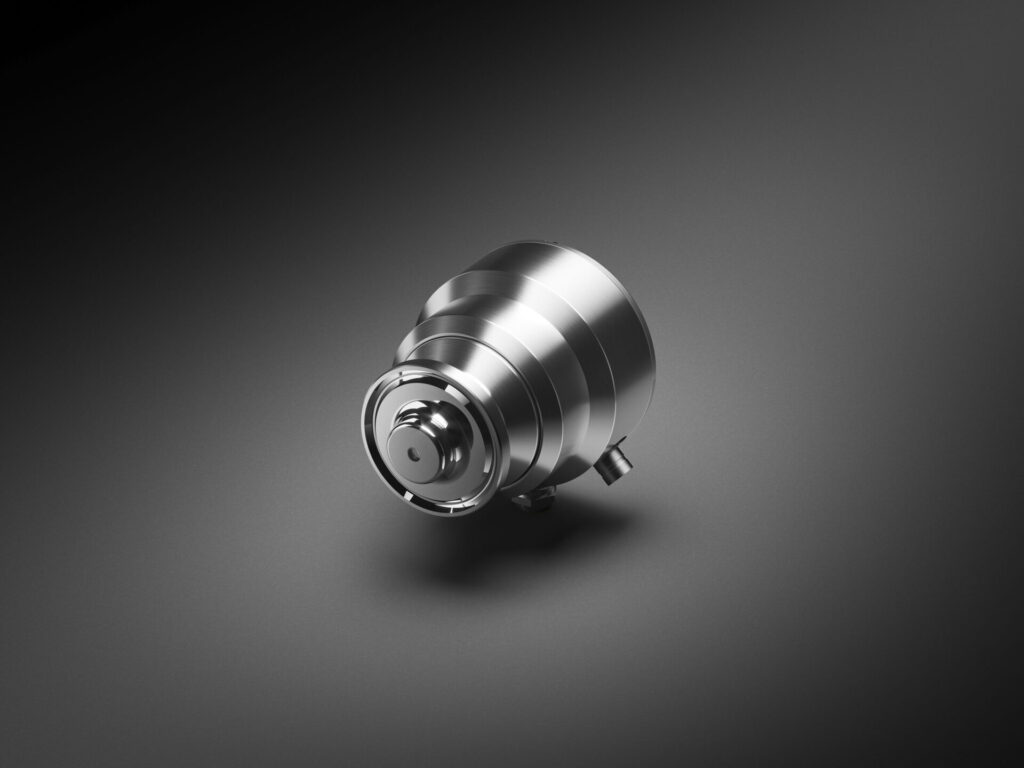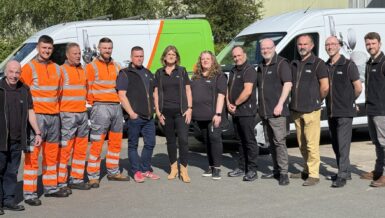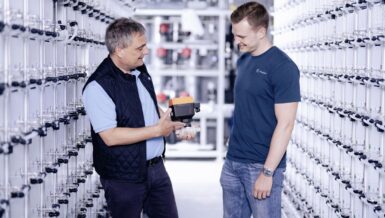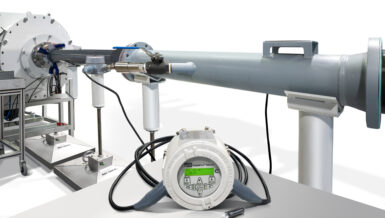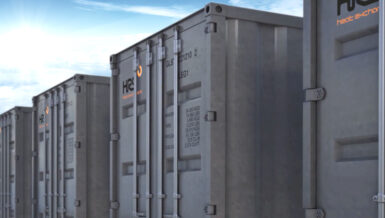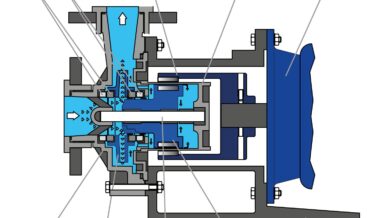Background
Ethylene glycol has a number of industrial applications as a dehydrating agent, a desiccant, a precursor to polyester fibers and resins, and as a coolant to prevent freezing in cooling systems air-conditioning equipment. With a specific heat capacity significantly below that for water, ethylene glycol (or propylene glycol) is commonly mixed with water in heating and cooling systems to provide freeze protection and an increased boiling point. Accurate real-time measurement is essential to ensure that the glycol/water mixture maintains the correct concentration during initial preparation and in the final product. It is therefore necessary to take continuous measurements to control the in-flow of water.
Instrumentation
Vaisala Polaris™ PR53GP Process Refractometer can be installed directly in the mixing tank to enable precise control of the water–glycol mixture, while the compact PR53GC model is designed for direct installation in pipelines enabling real-time monitoring at multiple points throughout the process. Typical measurement ranges are 0-40 % or 30-70 % glycol and the normal process temperatures are between -25 ºC and 40 ºC, depending on process requirements.
Refractive Index (RI) measurements are based on the angle of refraction of light in the process medium, using an LED light source. A sensor continually detects the critical angle at which the total reflection of light commences, and this has a direct relationship with the concentration of water/glycol.
Vaisala Polaris process refractometers are compatible with the Indigo platform of smart sensors and transmitters, offering simple plug-and-play technology along with user-friendly interfaces, service, and configuration tools.
In contrast with other measurement methods, the main advantages of Vaisala’s refractometers are that they are not affected by suspended particles, bubbles or colour, and with the option of automatic prism wash with steam or high-pressure hot water, they are not affected by scaling or fouling. From an operational and cost perspective a major advantage is that they are factory calibrated and do not require any routine recalibration or maintenance.
Summary
By enabling real-time control of the process, Vaisala’s inline process refractometers help improve efficiency and product quality, reduce waste, lower costs and enhance sustainability.
Author: Maria Nyman
Maria works as Application Manager with Vaisala Liquid Measurements products that support inline process refractometer measurements in multiple processing industries. Maria holds a Bachelor of Science (B.Sc.) in Environmental and Process Engineering and a Master of Science (M.Sc.) in Sustainable Energy Systems, both obtained from the University of Oulu. Maria is enthusiastic about helping Vaisala customers improve their liquid measurements to optimize resources and improve process control.




